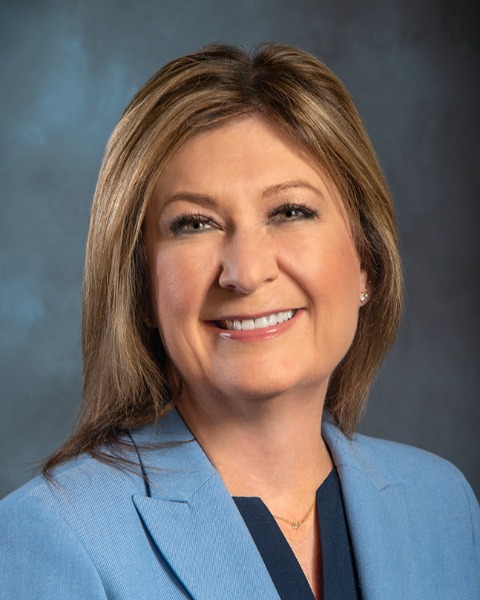Health Outcomes
Nurse Leaders Drive Social Needs Screening: A System-Level Approach
Health-related social needs (HRSNs) are individual, adverse social conditions that impact health outcomes. People experiencing food insecurity, housing and utilities instability, lack of transportation, and personal safety needs are more likely to experience poor health. Screening for HSRNs when providing care allows teams to identify and address needs. In addition, regulatory requirements from agencies such as The Joint Commission and the Centers for Medicare & Medicaid Services (CMS) mandate screening and reporting in 2025.
With 165 hospitals across 24 states, the health system used as a case study serves diverse populations. This health system experiences over 20 million patient encounters a year across community, urban and rural settings. An interprofessional team of nurses, social workers, community health workers, data analysts and other stakeholders were involved in the system-level design and implementation of a screening program. The CMS-recommended Accountable Health Communities HRSN Tool was adopted, and all admitted patients 18 years and older were screened by registered nurses upon admission. Patients who had an identified need were referred to social services for evaluation and community resource connection. Over 24,000 nurses have completed the education. Data on screening rates, referral rates, resource utilization and patient outcomes is being collected. This data will be used to continuously improve the program's effectiveness and efficiency.
Following the education completion, 322,444 (67% of eligible patients) were screened from January 2024 to December 2024. Additional education and awareness has led to 71,236 (80.7% eligible patients being screened) from January 2025 to April 2025. A toolkit and education plan were created to assist staff in understanding the importance of screening and guide nurses through sensitive conversations. The education addressed privacy and safety concerns, ensuring patient information was handled accordingly. This project will be applied in other practice settings, such as ambulatory care, long-term care and community health. Collaboration with the visionary and expert nurse leaders was crucial, as they possessed an understanding of practice, patient needs, regulations and the healthcare landscape. This program empowers nurses to play a critical role in promoting health equity and creating a more just and equitable healthcare system.
Learning Objectives:
- Describe the development of an interprofessional health-related social needs screening program.
- Explore the role of expert and influential nurse leaders in driving this organizational change at the system level.

Tamara M. Kear, PhD, RN, CNN
System Vice President of Professional Practice, Nursing Research and Evidence-Based Practice
CommonSpirit Health
Amrit Kamboj, DNP, DSD, RN
System VP of Clinical Education and Professional Staff Development
CommonSpirit Health
